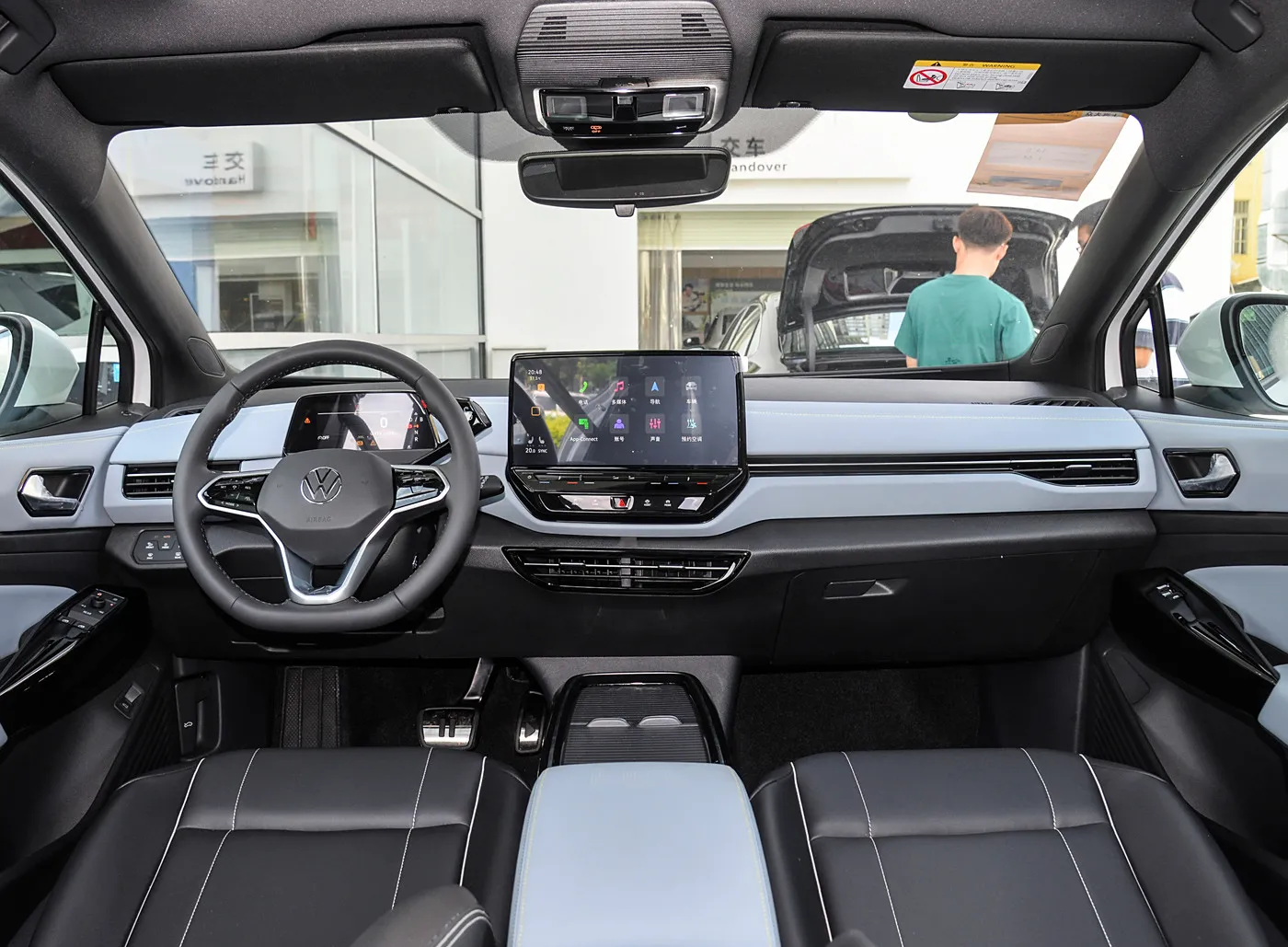Understanding the Benefits of Oil-Cooled Engines for Enhanced Performance and Efficiency
The Advantages and Innovations of Oil-Cooled Engines
In the ever-evolving world of automotive engineering, the quest for efficiency, power, and reliability has led to the development of various cooling systems to optimize engine performance. Among these, oil-cooled engines have garnered considerable attention due to their unique advantages and innovations. This piece explores the fundamentals of oil-cooled engines, their benefits, and their role in modern technology.
Understanding Oil-Cooled Engines
Oil-cooled engines utilize engine oil as a fluid to absorb and dissipate heat generated during combustion and friction processes. Unlike traditional air-cooled engines that rely on the flow of air and, in some cases, water, oil-cooled systems offer a more efficient means of temperature regulation. The oil not only serves as a lubricant for moving parts, reducing friction and wear, but also acts as a coolant, ensuring that the engine operates within optimal temperature ranges.
The Cooling Mechanism
In an oil-cooled engine, the engine oil circulates through passages within the engine block and oil cooler. As the oil passes through these areas, it absorbs heat from the engine components. The heated oil then flows to an external oil cooler, which is often similar in function to a radiator. Here, air or, in some designs, water cools the oil before it recirculates back into the engine. This continuous cycle helps maintain a stable operating temperature, even under strenuous conditions.
Advantages of Oil-Cooled Engines
1. Enhanced Thermal Efficiency Oil-cooled engines are capable of maintaining optimal temperatures more effectively than air-cooled systems. By efficiently managing heat, these engines can enhance thermal efficiency, which translates to better fuel economy and improved performance.
2. Improved Lubrication The dual role of oil as a coolant and lubricant ensures that moving parts are well-protected from wear and tear. This is particularly vital in high-performance engines, where consistency and reliability are paramount.
oil cooled engine

3. Compact Design Oil-cooled engines often allow for a more compact design. They eliminate the need for additional cooling components like large radiators, making them an excellent choice for motorcycles and compact vehicles where space is at a premium.
4. Consistency Across Conditions Oil-cooled engines perform consistently across a wide range of environmental conditions. Whether operating in high heat or cold, the cooling properties of oil remain relatively stable, ensuring reliable engine performance.
5. Reduced Corrosion Risks Unlike water-cooled systems, which can be prone to corrosion and freezing issues, oil retains its protective qualities better over time. This reduces the risk of engine damage and extends the life of the engine components.
Innovations in Oil-Cooling Technology
Modern advancements in materials and engineering have led to significant innovations in oil-cooling technology. For instance, manufacturers are increasingly using synthetic oils with enhanced thermal properties, which can withstand higher temperatures and reduce viscosity breakdown. Additionally, the integration of electronic sensors and advanced control systems has allowed for more precise regulation of oil temperature and flow rates, resulting in even better performance metrics.
Another fascinating development is the use of integrated oil cooling systems in hybrid and electric vehicles. In these applications, oil cooling helps manage the temperatures of not only the engine but also the electric motor and battery systems, ensuring overall vehicle efficiency and longevity.
Conclusion
The oil-cooled engine represents a significant advancement in automotive technology, combining lubrication and cooling into a single efficient system. As vehicles continue to push boundaries in terms of performance and efficiency, oil-cooled engines will likely play a pivotal role in shaping the future of automotive engineering. With ongoing innovations set to enhance their capabilities further, oil-cooled engines are not just a relic of the past but a vital part of the future of sustainable and powerful vehicle design. As we look toward a more efficient automotive landscape, the dual benefits of oil cooling will undeniably remain a critical factor in engine development and optimization.
-
SINOTRUK HOWO 84 Electric Dump Truck for Eco-Friendly Heavy HaulingNewsJul.26,2025
-
The Fast 16-Gear Manual Transmission Assembly for Heavy TrucksNewsJul.25,2025
-
Mercedes Benz Actros 1848 42 Tractor Truck for Sale - Reliable PerformanceNewsJul.24,2025
-
High-Quality Water Pump Assembly for Sinotruk Trucks – Durable & ReliableNewsJul.23,2025
-
Premium Truck Engine Antifreeze Coolant Fluid for Heavy Duty VehiclesNewsJul.22,2025
-
FOTON View G7 Mini Bus: Affordable & Spacious TransportNewsJul.22,2025
Popular products

























